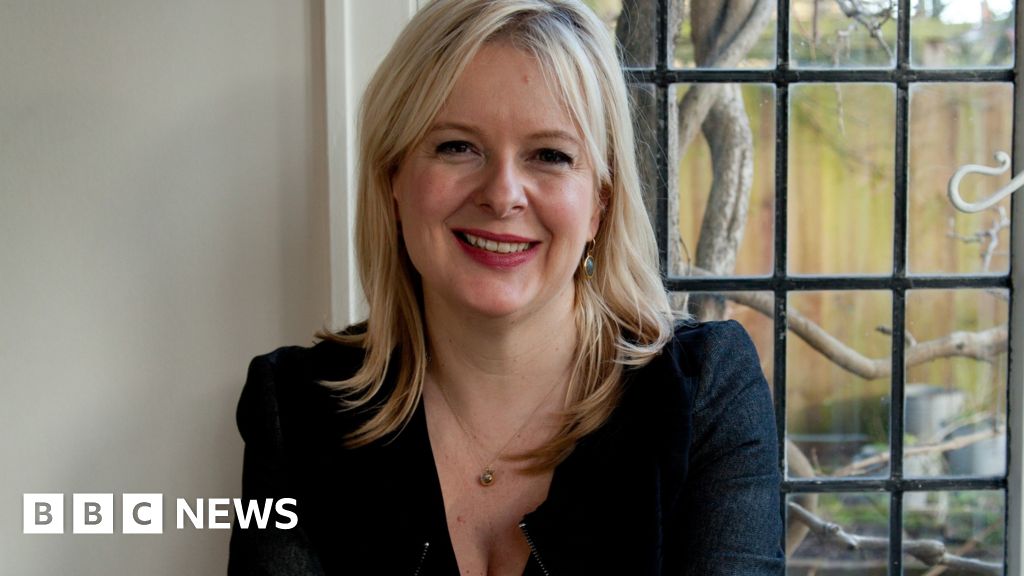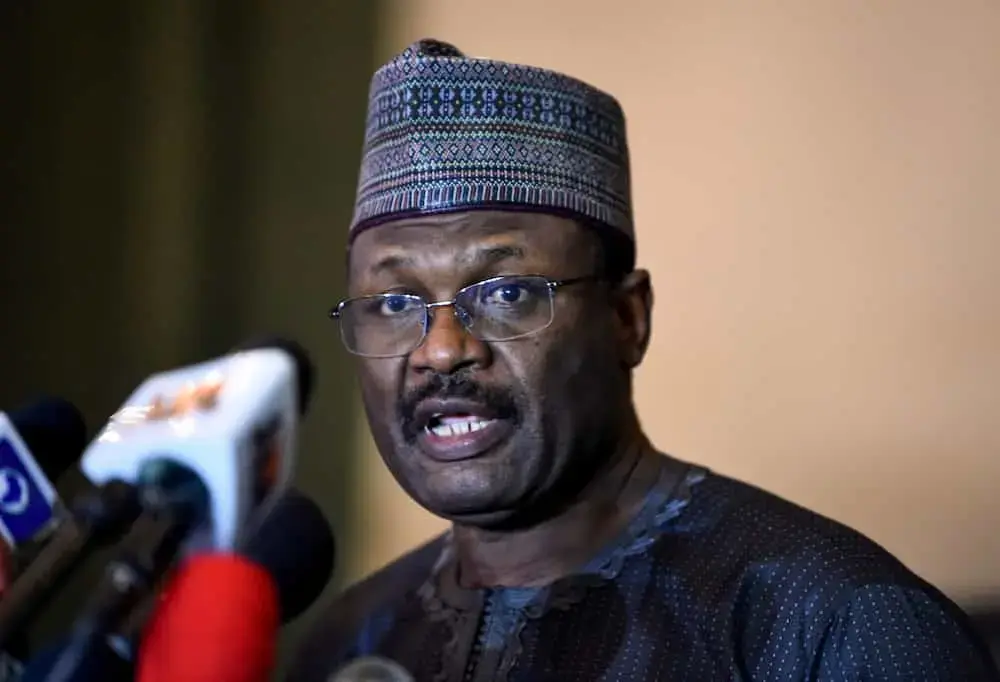President Bola Tinubu has declared plans to create a Ministry of Livestock Development despite his administration’s declared plans to cut down the number of ministries, departments and agencies (MDAs) in line with the recommendations of the Oronsaye Report.
Yesterday, while inaugurating the Presidential Committee on Implementation of Livestock Reforms in Abuja, the president stated that a Ministry of Livestock Development will be created to further explore the vast potential in the area.
The committee’s work is to address obstacles to agricultural productivity and open up new opportunities that benefit farmers, herders, processors, and distributors in the livestock farming value chain.
The president also appointed Professor Attahiru Jega, former chairman of the Independent National Electoral Commission (INEC), as the committee co-chairman.
Meanwhile, the Oronsaye Report, which the Tinubu administration revisited, recommended reducing and merging ministries, departments, and agencies (MDAs) of government in order to cut down on the cost of government.
The Oronsaye committee, which proposed wide-ranging public service reforms, was set up by the administration of former President Goodluck Jonathan, but his successor, Muhammadu Buhari did not implement the recommendations.
However, in February, Tinubu set up a committee to implement the report and gave the members 12 weeks to undertake the task. The deadline has expired with no word from the government on it.
In a statement by presidential spokesman Ajuri Ngelale, President Tinubu emphasised that implementing the reforms would require the collective efforts of committee members drawn from the public and private sectors, state governors, and all Nigerians.
“From here, I will appeal to everyone to remove every iota of partisan politics from this. I will assume the committee chairmanship as president and appoint Professor Attahiru Jega as my deputy or co-chair.
“This is not about politics; this is about opportunity; this is about our nation. While I may be absent, Jega will preside and continue to promote our objectives,’’ the president said.
Inaugurating the committee in the Council Chamber at the State House, Abuja, the president thanked the national chairman of the All Progressives Congress (APC), Dr. Abdullahi Ganduje, for his efforts in assembling experienced and reputable experts to ensure the activation of opportunities in the livestock sector.
“When we have great opportunities in our states, why should Nigerians continue to experience conflicts?
“With the calibre of people here, this presents a unique opportunity also to delineate and establish a centric ministry called the Ministry of Livestock Development. It will give us the opportunity so that our veterinary doctors can have the necessary access to research and cross-breed. We can stop the wanton killings,’’ Tinubu stated.
The president noted that the traditional livestock farming method will need to be reviewed and repositioned with the support of stakeholders, including state governments, to open up new opportunities for growth and prosperity.
Tinubu said the attorney-general of the federation and minister of justice, Mr Lateef Fagbemi (SAN), will ensure the removal of all legal obstacles to implementing the reforms. At the same time, the minister of communication, innovation and digital economy, Dr Bosun Tijani, will provide support with automation.
“Modern technology is available to us. We are ready to work. I said at the beginning, with you, all of you, the solution is here, and we must run with it. Any law that might inhibit the promotion and actualisation of our objectives, the attorney-general is here; please prioritise it. The minister of Budget and Economic Planning is here; create a budget for it to grow, and the minister of finance is here to work out the money,’’ the president stated.
Tinubu also stated that the reforms would be comprehensive and collective, and urged the support of all stakeholders.
“We need to provide the incentive to enable Nigeria to take advantage of livestock farming finally; dairy products and cold-chain logistics collectively offer substantial commercial and economic advantages. We have seen solutions and opportunities. With these adversities that have plagued us over the years, I believe that prosperity is here – in your hands.
“The dairy industry contributes significantly to nutrition and food security by supplying essential proteins and vitamins through milk and its derivatives, such as cheese, yoghurt, and butter. Efficient cold-chain logistics is crucial in maintaining the quality and safety of these perishable goods from farm to market, thereby reducing food waste and ensuring a steady supply.
“This sector will boost agricultural productivity, enhance export opportunities and stimulate economic growth by fostering a robust value chain that benefits farmers, processors, herders, distributors, and consumers alike,’’ the president said.
Tinubu thanked the APC national chairman, Abdullahi Ganduje, for his initiative and leadership of the committee.
Nigeria Targets Less Meat Imports
In a move towards food security and sustainability, Nigeria is taking decisive steps to reduce its reliance on meat imports and promote sustainable agricultural practices.
This initiative was highlighted during a key meeting between the country’s Special Presidential Envoy on Climate Action, Ajuri Ngelale, and country director of ProVeg International, Hakeem Jimo.
The meeting, which took place on Monday afternoon, shed light on a startling statistic: nearly 50 percent of all meat consumed in Nigeria is currently imported.
This high dependency on foreign meat not only impacts the country’s economy but also contributes to global greenhouse gas emissions, as food systems are responsible for up to 25 percent of all such emissions worldwide.
Ngelale said, “A major area of opportunity as we seek to create a new industrial ecosystem for biomass in-country in close collaboration with our technical partners and investors.
Ngelale also met with the envoy and representatives from the World Economic Forum (WEF), including Mr. Chido Munyati, Head of Africa, and Ms. Abir Ibrahim, Africa’s Regional Agenda Lead.
The discussions centred on Nigeria’s value chain localisation initiative and potential collaborations between the private sector in developed markets and key Nigerian stakeholders to foster new wealth-creating industries supported by localised supply chains.

 4 months ago
6
4 months ago
6















 English (US) ·
English (US) ·